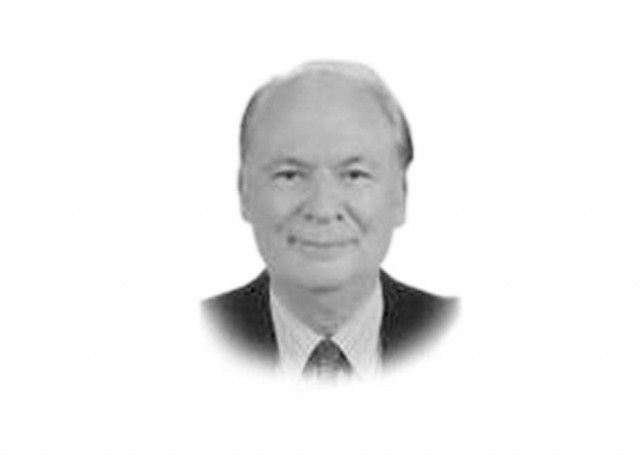How a multinational defrauded the Zambians
Things would have carried on for Glencore but for a leaked audit accusing it of selling copper below market rates.

anwer.mooraj@tribune.com.pk
Paul E Erdman, best-selling author of The Crash of ’79, described the Swiss as the greediest people in the world. Had Erdman still been alive, he would have greatly enjoyed the BBC documentary “Stealing Africa” produced by the Danish film-maker Christoffer Gulbrandsen. That is, if he has missed the earlier documentary produced by a French team — “Good Copper Bad Copper” — which is the finest documentary I have seen of the way multinational companies exploit the countries of Africa, Asia and South America. In the Danish film, the camera captures a quiet, idyllic Swiss village called Rushchlikon. It is like any other Swiss village — quaint, clean and peaceful — where the citizens enjoy their Emmental cheese and locally brewed beer. But, and here comes the punchline — it has a low tax rate and extremely wealthy residents. Among them is Ivan Glasenberg, chief executive officer of Glencore, the commodities giant that owns the Mopani copper mine in Mufulira, which has been accused of social, economic and environmental plunder of a country that in the ‘70s had the same GDP as Portugal.
Zambia is Africa’s greatest enigma. It supplies a third of the world’s demand for copper. And yet, 60 per cent of the people live on $1 a day and the unemployment rate hovers around 80 per cent. It was the IMF and the World Bank that throttled the Zambian economy after the fall in the price of oil, by forcing it to privatise its industries. Things would have carried on splendidly for Glencore but for the leaked Grant Thornton audit report, which accused it of selling copper to Switzerland below market prices and showing that they had incurred huge operational losses in order to avoid paying corporation taxes.
The minister of mines Wylbur Simusa says, “We are wealthy, yet we are poor.” The second-in-command in the pecking order is a white man, Dr Guy Scott. “What? A white vice-president in a predominantly black country?” The Danish documentary maker exclaimed. “Well, some countries do have white vice-presidents”, Scott quipped. “The US is one of them.” America also has a half-black president who is currently on a tour of three African countries. I wish he would make a brief stopover in Zambia and drive to the Mopani mines where the drinking water has been diluted with sulfuric acid, the miners and their families have to breathe sulphur fumes and the whole village can’t stop coughing. The miners can’t sue. They have no rights. Mr Obama is a decent human being. He will know what to do.
Published in The Express Tribune, June 30th, 2013.
Like Opinion & Editorial on Facebook, follow @ETOpEd on Twitter to receive all updates on all our daily pieces.



















COMMENTS
Comments are moderated and generally will be posted if they are on-topic and not abusive.
For more information, please see our Comments FAQ